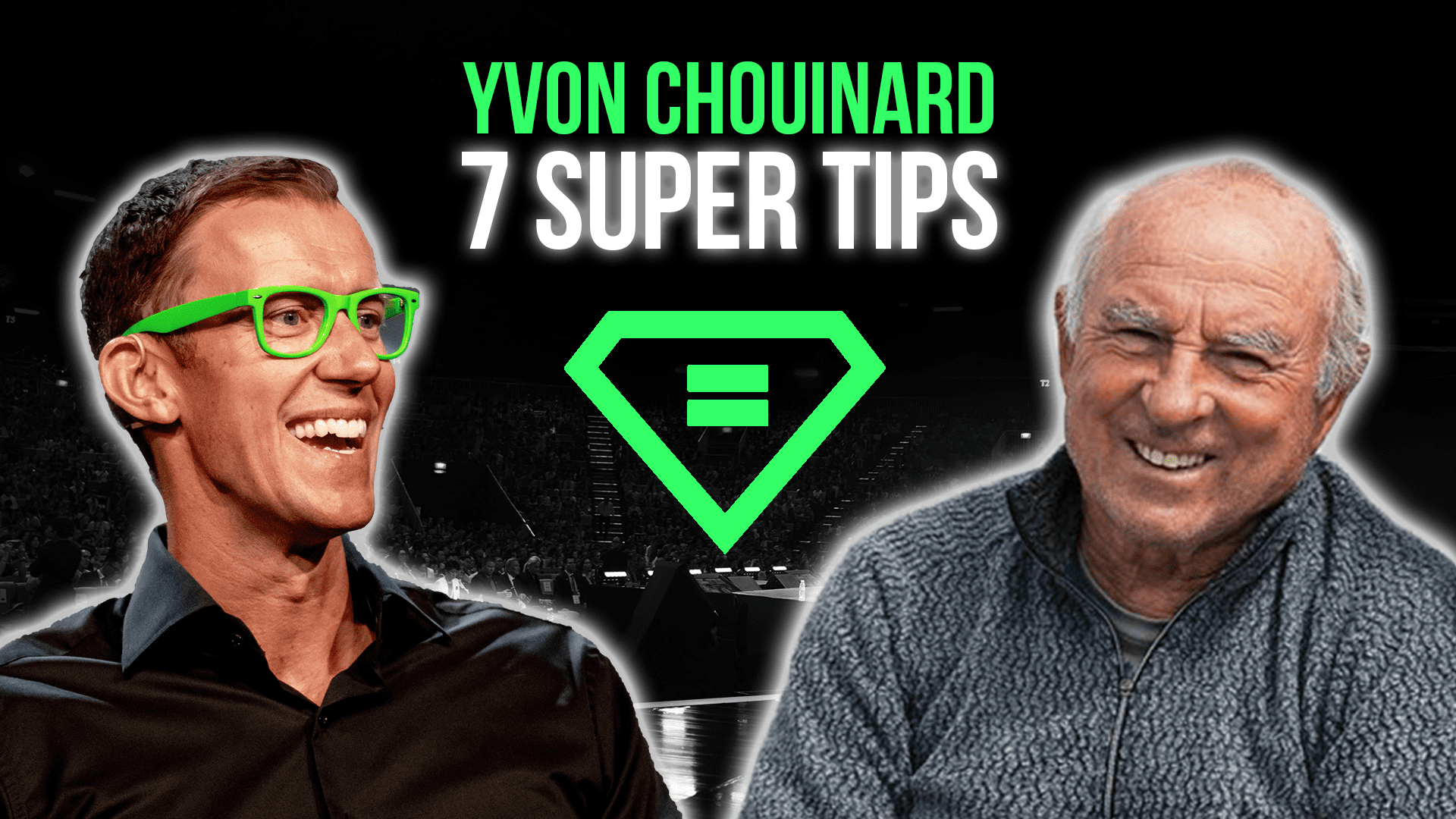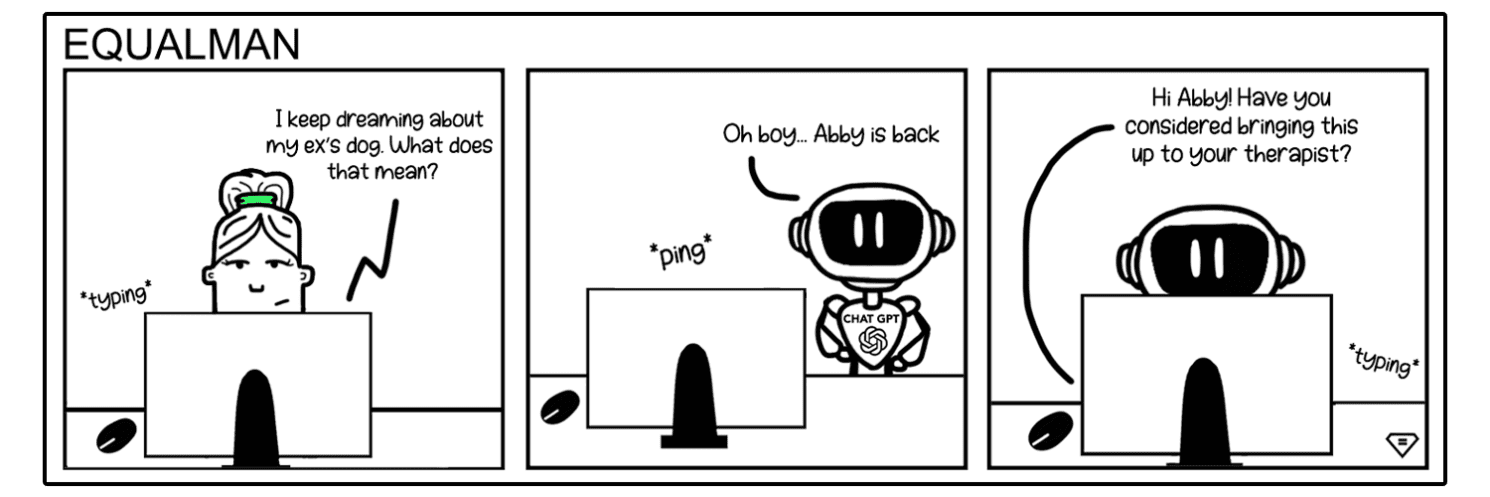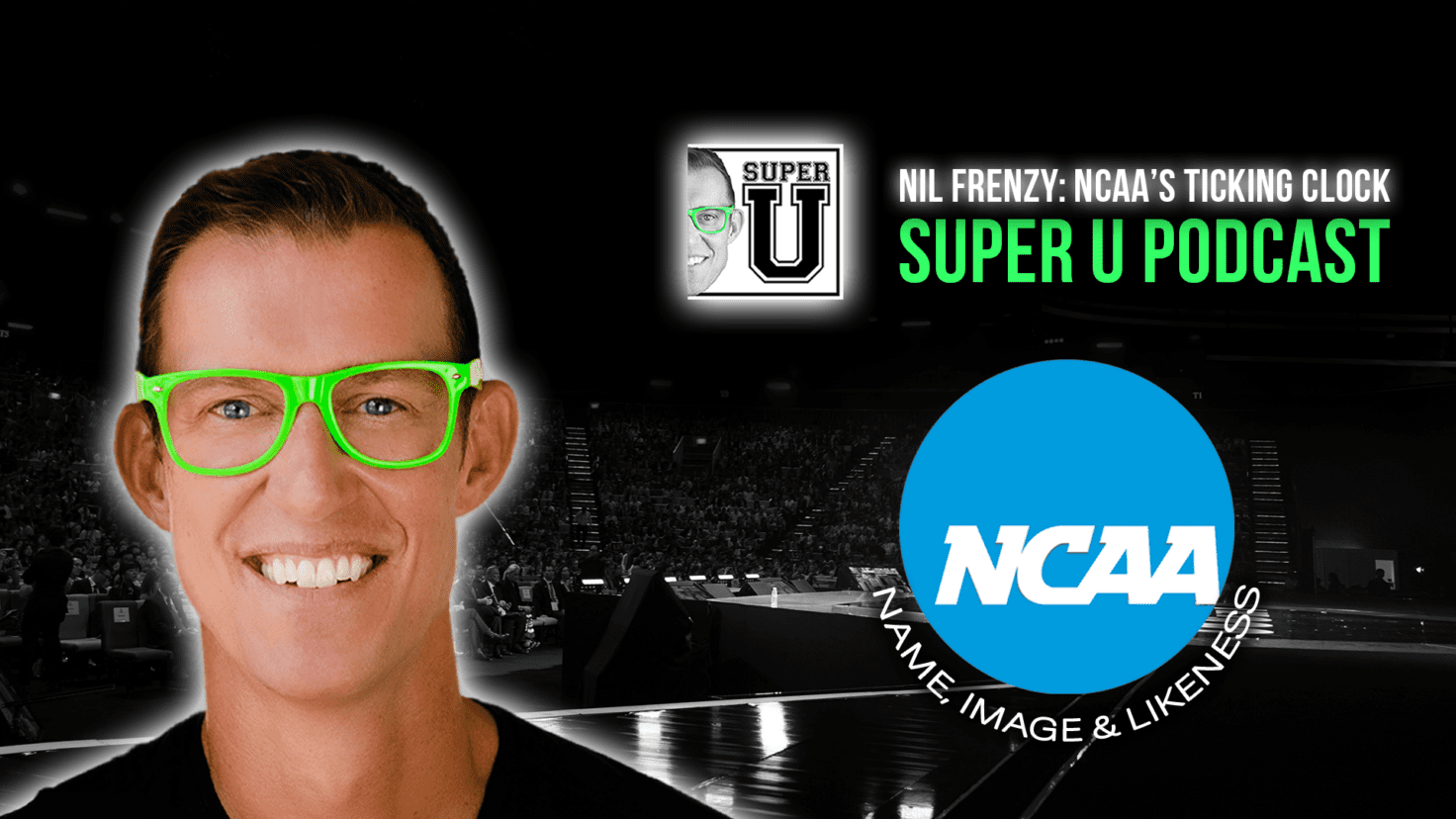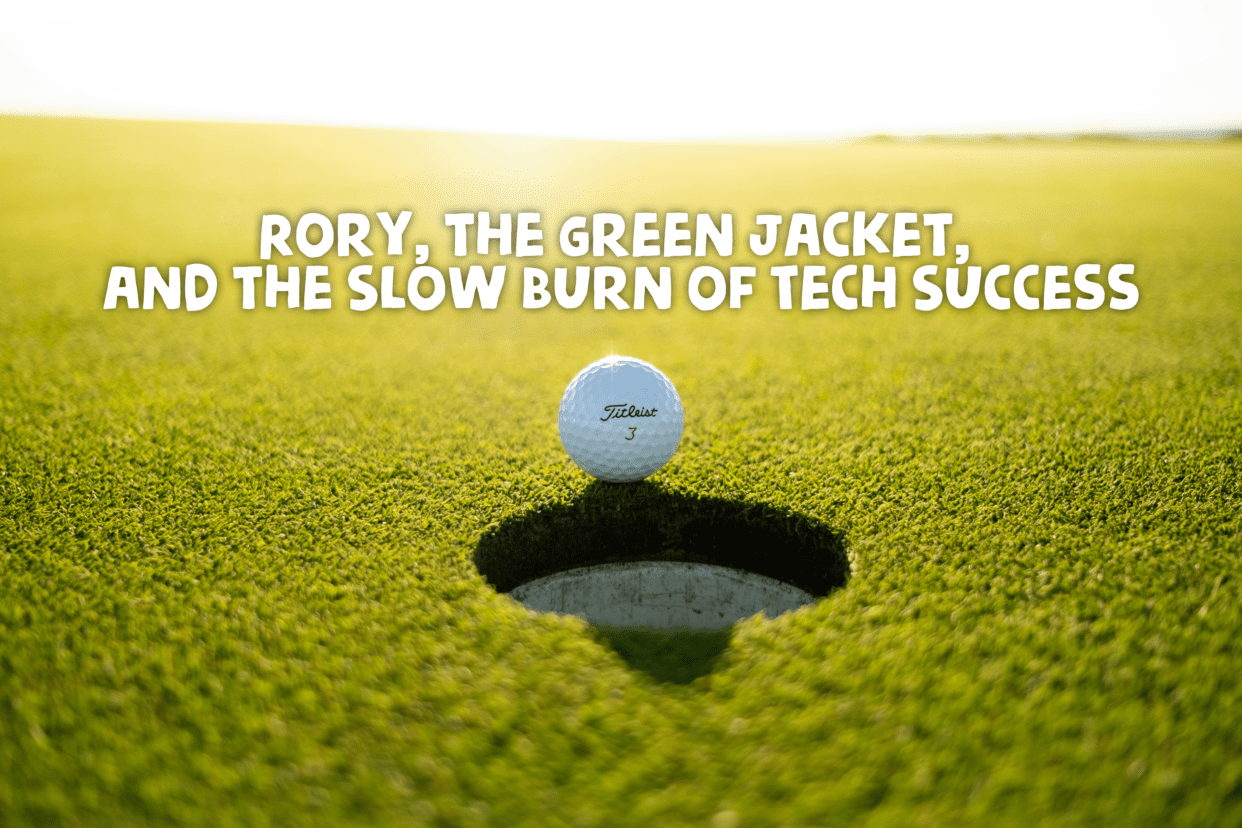Super U Podcast | Yvon Chouinard
Our new episode of the Super U Podcast is live! The Super U Podcast delivers curated tips from top performers and thought leaders to help unlock and unleash your inner superpower. This week’s episode features tips from the founder of Patagonia and Co-Founder of 1% for the Planet, Yvon Chouinard. Click here to subscribe to the Super U Podcast. Need a sneak peek? Below are the main takeaways from the episode.
Super U Podcast | Yvon Chouinard:
[02:33] Better Yourself to Better Your Company
“You know, businessmen were all grease balls in the 60s. This is the counterculture that we were in and we didn’t respect business. In fact, they were the enemy. And so, you know, one day, later on, I kind of woke up and discovered, oh my god, I am a businessman. And that’s when I decided I better find out what I’m doing and started reading a lot of books on business and basically trying to create a business that we wanted to come to work in all of us. I mean, it wasn’t just me, but all of us were all dirtbags.”
[4:08] The Rent For Us Living On This Planet
“My own philosophy as I consider myself part of nature, and you know, not that many people do. They feel like they’re above nature. And I’m, I’m part of it. And so, when I see nature being destroyed, I feel like I got to do something about it. And so that’s why I continue hanging on to this company because it’s my resource to do something good. Before we did 1%, we would give 10% of our sales before taxes.
And then I noticed some other companies saying the same thing and I knew that at the end of the year, the principals would just give themselves a big bonus and there was hardly any profits. You know, 1% of nothing is nothing and so I said, “Look, this is not philanthropy, this should be a cost of doing business.” So that’s where we went to 1% of sales. So whether you’re profitable or not, it’s a cost of doing business. And so we included it in our pricing, and then our costs, and it’s no longer philanthropy. I don’t think it’s philanthropy, it’s rent for us living on this planet.”
[6:03] Find Your WHI
“You know, if you asked me what our profits were last year, or what they’re going to be this year, I have no idea. And I own this business to basically put into action, what all the smart people are saying we have to do to save this planet. So there’s a lot of, convening going on talking about all our problems, but there’s nobody out there actually doing it. And that’s why we exist is to actually find out where we’re doing something wrong, and then fix it, then prove to the rest of the world that it’s good business.
[7:33] Make Decisions As If Your Company Will Be Here 100 Years From Now
“I thought, well, if those people have the responsibility to act as if we’re going to be here, 100 years from now, then I have to do it myself. And that’s when we decided to make all our decisions as if our company was going to be here, 100 years from now. That doesn’t mean, you know, we can go slow, and we got 100 years to get there. It means that every decision is based on the long term. And it also assumes a lot of responsibility. It assumes that we have a responsibility that society is going to be here 100 years from now.”
[8:59] Define What Quality Means For Your Customer
“Our chief designer at the time, said you know we can’t make the best. We can make the best quality climbing hardware. We can’t make the best clothes. I said well, why not? Because you know, the best shirt is a Giorgio Armani, hand-woven, Italian fabric, and buttons are hand sewn. And it’s an impeccable thing. It’s a work of art and they cost $300 minimum. If we started making stuff like that, we would be out of business. Well, I said, what happens if you throw that in a washing machine? Oh, you can’t do that. It’s got to be dry cleaned. I mean, it’ll shrink, it’ll fall apart. I mean, I said that’s not really good quality. So, part of this book is defining what we mean by quality in clothing. We had to figure out what is quality and what is quality for our customers. And for ourselves, because we were our own customers.”
[11:07] Always Add Quality
“Make the best product. You know, every time I’ve had a problem to solve in business, the answer has always been to add quality. Let’s say your profit is down for the year. It’s because your quality slipped. Every single time the answer is to increase the quality. And that’s hard to get across to accountants, you put in a childcare center, and they’re saying, you know what, this is just gonna cost you a lot of money to do this, you’re not going to get it back. That’s not true at all. We’ve got 70 something percent, women who we can’t afford to lose when they get pregnant, the best product we produce is the kids that come out of our childcare center.”
[12:07] Marketing For Good Is Good Marketing
“These companies had been in business for over 200 years, some 300 years. And the underlying values were number one quality. And then innovation and then a controlled growth. So, you know, we came out with an ad in the New York Times national edition two years ago, on Black Friday that had a photograph of one of our jackets and said “Don’t buy this jacket.” And in the text it said basically, think twice before you buy a jacket from us. Are you just bored? Or do you really need it? So think twice. And we in fact we have a billboard going up. That’s up in New York City right now that we change every two weeks, basically anti-consuming billboards.”
Connect with Yvon Chouinard
Website: https://www.onepercentfortheplanet.org/about
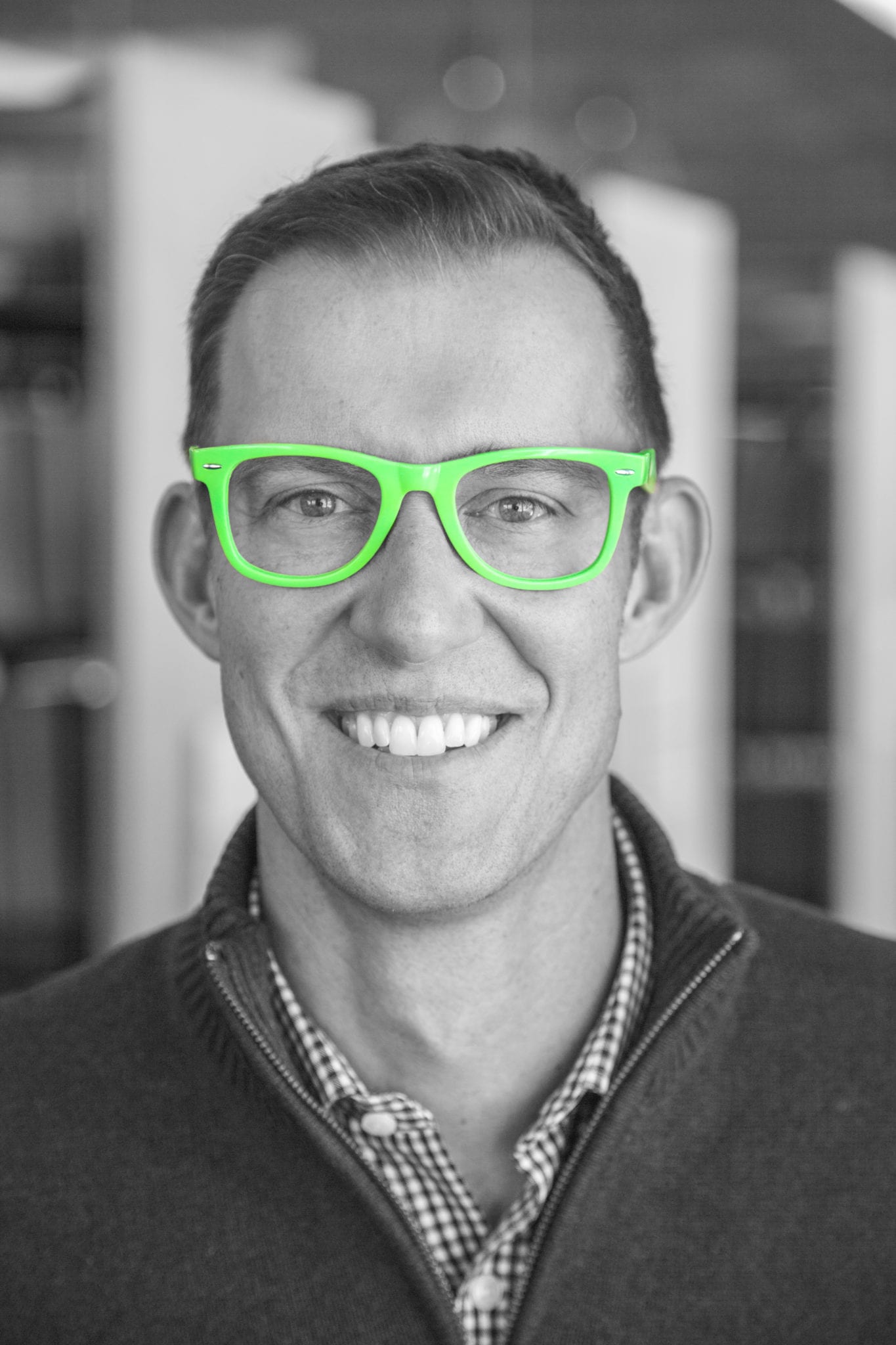
To ensure you don’t miss future episodes, subscribe to our podcast by clicking here >> Super U Podcast. We hope these tips help unlock and unleash your inner superpower!
The Super U Podcast is hosted by #1 bestselling author and Motivational Speaker Erik Qualman.

